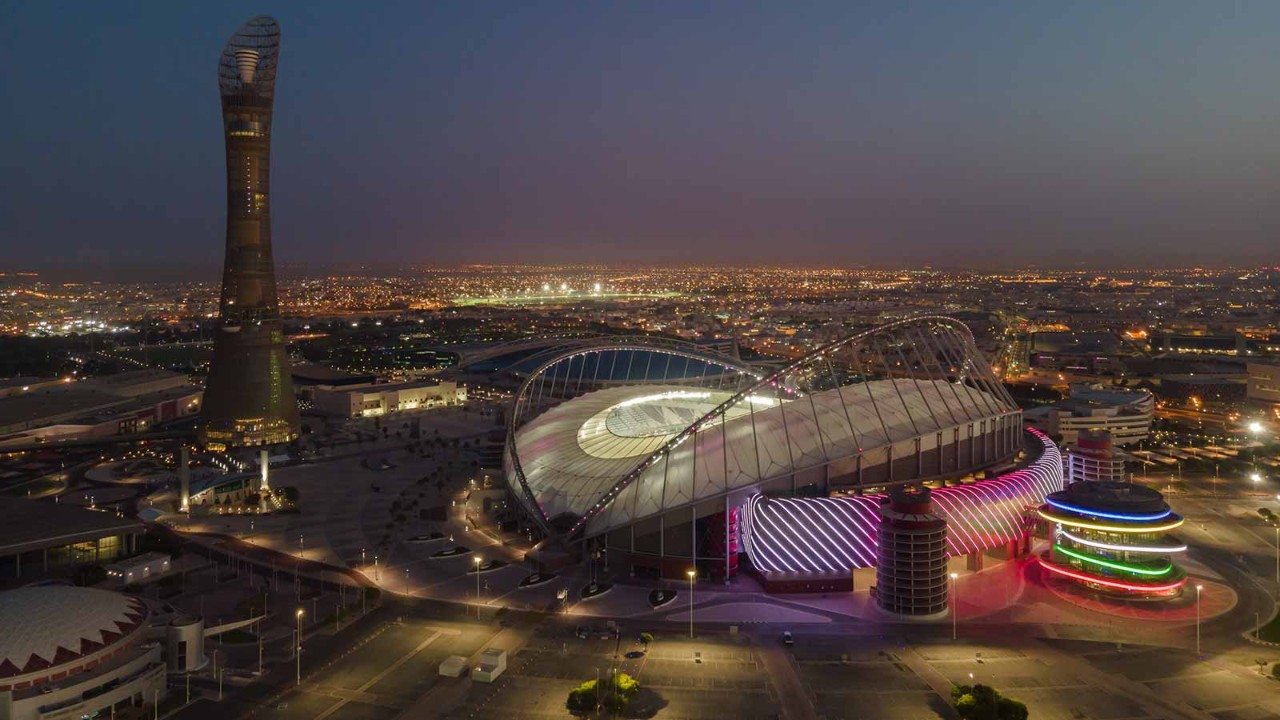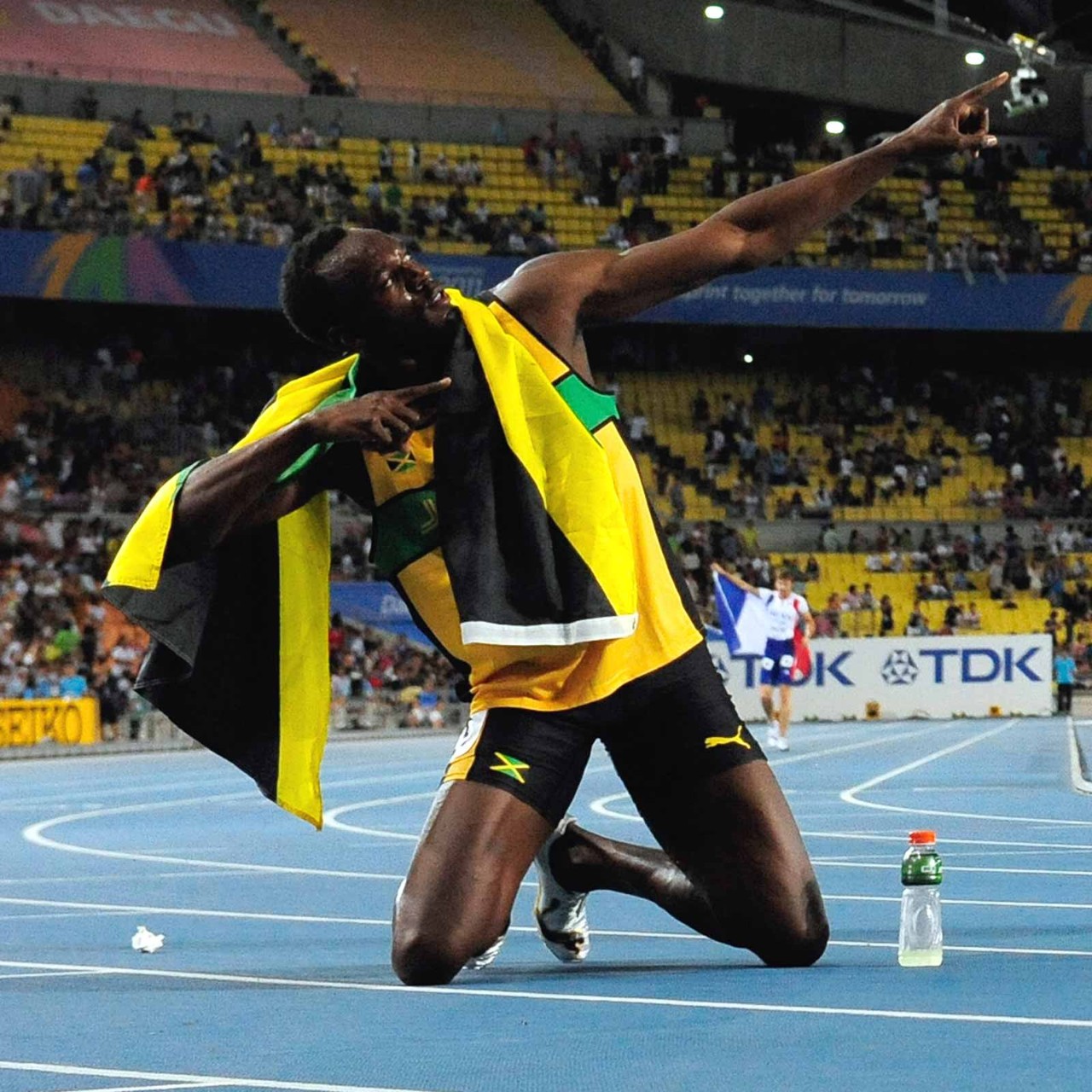
Qatar has spent 15 times more than any other country to host a Fifa World Cup. The 2022 men's football tournament will cost US$220bn to stage. The next most expensive World Cup – Brazil's in 2014 – cost US$15bn. Russia, meanwhile, spent US$11.6bn hosting the 2018 tournament.
This year’s huge costs reflect the significant investment in infrastructure, in addition to eight brand-new tournament stadia.
An estimated US$8bn is being lavished on the construction of the stadia, the team bases and the fan facilities. A considerably larger proportion (approximately US$212bn) was budgeted for transportation and infrastructure. Also included in these costs are a massive innovation centre, hotels, airports and a metro network.
‘Most of these large-scale infrastructure projects were planned even before we obtained the right to host the World Cup'
There is, however, a little more to the jaw-dropping figure. ‘The US$200bn figure often associated with the World Cup is actually part of the ambitious strategy for Qatar’s national development and modernisation,' says Fatma Al Nuaimi, communications executive director at the Supreme Committee for Delivery and Legacy.
Al Nuaimi is describing the Qatar National Vision 2030, a roadmap outlining the country’s urbanisation developmental needs. National facilities and industry are also receiving a massive investment, including the development of education and healthcare systems.
‘Most of these large-scale infrastructure projects that will be used by teams and fans in 2022, such as new roads, a subway, an airport and hotels, were planned even before we obtained the right to host the World Cup,' she continues. ‘These projects would have been implemented anyway. However, the football championship has certainly accelerated all these developments.’
‘The World Cup and National Plan 2030 together are expected to fuel tourism to help it reach about US$35bn by 2030'
The hosts are expecting around 1.2 million visitors during the course of the four-week tournament, the first World Cup to be held in the region, with the event forecasted to add around US$17bn to the economy, according to government agency Qatar Tourism. Currently, tourism contributes around 6% to 7% of GDP; the aim is to reach 12% by 2030, making tourism one of the top three sectors contributing to the economy.
A study by Dubai-based consultants Redseer predicts the World Cup could become the springboard to drive tourism growth for Qatar, with over 50% of annual foreign tourists this year coming during the tournament.
‘The World Cup and National Plan 2030 together are expected to fuel tourism to help it reach about US$35bn by 2030,’ the study says.
Fifa revenue is expected to exceed its US$6.44bn revenue target for the 2019-22 rights cycle
Record results
Profits from the tournament will reach an estimated US$17bn, according to Nasser Al Khater, Fifa World Cup Qatar 2022 CEO. ‘This means we will achieve revenues that are double the cost,’ he says, ‘and that Qatar will reap the fruits of the World Cup during and after the tournament.’
The 2022 tournament has also had a positive effect on Fifa's financial health even before kick-off. According to the body's latest available accounts, covering the 12 months to 31 December 2021, revenue is expected to exceed its US$6.44bn revenue target for the 2019-22 rights cycle. As a result, Fifa now expects to confirm a new revenue record in the next set of accounts.
Fifa secured US$766.5m in revenues for 2021, exceeding its original budget target by 3%. It also represents a 187% increase on 2020, when Fifa posted revenue of US$266.5m.
Meanwhile, total assets increased by 21% to US$5.492bn, thanks to a continued strong cashflow stemming from the sale of TV broadcasting and marketing rights for the Qatar tournament.
TV broadcasting rights totalled US$123m, while marketing revenues came to US$131m. Fifa filled all seven of its global partnership slots earlier this year after agreeing a deal with liquified natural gas provider QatarEnergy.
Sponsor rewards
The tournament's sponsors also stand to reap the rewards. The international governing body’s top sponsorship tier companies include Qatar Airways and Visa – a segment that brought in revenues of US$93m for the organisation last year, according to Fifa’s accounts.
Fifa also added Crypto.com, the cryptocurrency exchange platform, and educational technology firm Byju’s to its portfolio of regional sponsors in March, which include communication technology firm Vivo, electronics manufacturer Hisense, Chinese dairy brand Mengniu, McDonald’s and Budweiser.
More information
See also 'Qatar seeks tournament boost'
Read the interview 'Assuring World Cup infrastructure' with Abubakr Hummeida FCCA at Qatar's public works authority




